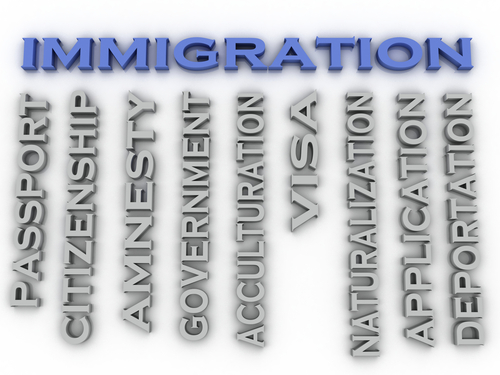By Mustafa Fetouri for Al-Monitor. Any opinions expressed are those of the author, and do not necessarily reflect the views of Libya Business News.
European leaders who met at an emergency summit in Brussels on April 23 failed to produce a satisfactory response to deal with illegal immigrants making the dangerous Mediterranean Sea crossing in search of a better life or simply fleeing their home countries in fear of violence and persecution.
Many of those taking the risk are genuine asylum seekers. In fact, Amnesty International has already condemned the European Union for its “shameful” response to the most recent tragedy in the Mediterranean. Over 1,000 migrants drowned on April 20, as their boats capsized a few miles from the Libyan shores where their journey had started.
Indeed, EU leaders agreed to increase funding to around 9 million euros (about $1 million) per month for rescue operations at sea — named Triton — but without extending the scope of rescue to cover larger areas of the high seas, not much will change, according to Amnesty International, which described the EU decisions as only meeting the problem “halfway.”
The International Organization for Migration (IOM) described the situation in the Mediterranean as “a tragedy” and called for “legal and safe avenues” to be identified for “migrants to avoid resorting to transnational criminal organizations.” Such measure would involve ease of visa procedures and safe corridors for sub-Saharan African migrants and others to take away from smugglers who make millions of dollars from the migrants’ misery.
Many EU leaders, including the French president, think that unless Libya is stabilized and its government exercises control over the entire territory of this vast country, illegal migrants will continue to attempt to make the overseas trip to reach Italy, Greece and Malta.
During a meeting in Luxembourg on April 20, EU interior and foreign ministers suggested that a limited, well-targeted military operation could be launched to destroy the locations and boats used by smugglers from Libya to transport people. Many potential immigrants making the trip to southern EU shores used to live and work in Libya when the country was safe and economically flourishing.





